The Libertarian Party—the formally organized party, rather than libertarianism as an intellectual movement—has long been somewhat befuddled and ineffectual.
It is very hard to get a third party off the ground in the American system, and after trying for decades, the Libertarian Party suffered the fate of many small movements. The best, most serious, most talented advocates of limited government and classical liberalism tend to set their sights on breaking into the mainstream, leaving the small party to be taken over by cranks and weirdos. If you think I’m being unkind, you should look up some footage from old Libertarian Party conventions.
This year, however, the Libertarian Party suffered a worse fate. A party of harmless oddballs was taken over by malevolent oddballs: the “alt-right” racists and authoritarians of the so-called Mises Caucus. (I say “so-called” because they have unjustly appropriated the name of a serious intellectual, the Austrian School economist Ludwig von Mises.)
Here’s the report on this in Reason, the flagship libertarian magazine.
A four-year battle for control of the Libertarian Party ended Saturday in Reno with a victory for the Mises Caucus at the party's national convention. The faction's chosen candidate for chair of the party's national committee, Angela McArdle, won on the first round of balloting with 692 votes—more than 69 percent of the voting delegates….
The caucus's official platform is plumb-line libertarian, but its foes say that too many Mises Caucus members and fans downplay libertarian positions that might offend the right, are intentionally obnoxious and bullying, and are often racist….
Two former significant donors to the LP, Kyle Varner and Michael Chastain, both with decadeslong history in the party, did say in phone interviews that the Mises turn, which they see as importing a level of racist edgelording they have no taste for, has made them stop funding LP candidates…. Varner and Chastain see a distinctly right-wing culture and policy bent from the Mises faction. The caucus…wants to eliminate from the LP's platform a statement that "we condemn bigotry as irrational and repugnant."…
The Mises-run party will continue to try to run local candidates especially, he said, with a preferred strategy of straight-up localist nullification of federal laws. "Decentralization" is a mantra of Heise's, and the caucus's Twitter feed has openly been against the long-held legal principle that the 14th Amendment means that states and localities also have to obey the federal Bill of Rights.
Removing a disavowal of bigotry and opposing the 14th Amendment are the milder symptoms. The Southern Poverty Law Center has the goods on the connections between the Mises Caucus’s expected Libertarian Party candidate for president, comedian Dave Smith, and a who’s who of white nationalism: Nick Fuentes, Chris Cantwell, Richard Spencer, and Michelle Malkin.
This is a return to the old “paleolibertarian” strategy once advocated by Murray Rothbard and Lew Rockwell (and accepted for a while by former Libertarian Party presidential candidate Ron Paul) of forming an alliance between libertarians and Pat Buchanan-style “paleoconservatives.” Now that Buchanan’s paleoconservatism has come roaring back under Donald Trump, the paleolibertarians are also taking over.
In response to that, Jeremiah Johnson, one of the organizers of a resurgent “neoliberal” movement, published a sales pitch to disaffected libertarians to join his left-of center movement.
Libertarians and neoliberals agree on some of the most important issues facing the world today. You’ll find no greater defenders of the value of free trade and immigration than neoliberals. Neoliberals are intensely skeptical of occupational licensing regimes that hamper poor people’s ability to make a living. Neoliberals are strident YIMBYs who want more development and more housing free from local regulations. Neoliberals are proud capitalists who believe in the power of (mostly) free markets. Neoliberals want to end the drug war and reform America’s overly punitive criminal justice system.
And neoliberals are invested in the core philosophical ideals of liberalism. They stand for liberal democracy and the classical liberal values like equality before the law, freedom of speech, freedom of religion, etc. They reject all forms of racism, sexism, and bigotry, and notably there’s no internal struggle required for neoliberals to proudly and publicly declare that. The modern neoliberal movement is explicitly against the rising tide of illiberalism that characterizes so much of today’s politics. If you’re a principled libertarian, there is a huge amount to like about neoliberalism….
Libertarians who care about rejecting the Mises Caucus’s blatant bigotry, who want to stay true to the classical liberal values, and who want to advance liberty in practical and meaningful ways—come join the neoliberals.
This is similar in some ways to the kind of “neo-classical liberalism” Symposium has been exploring, so of course I had to ask Johnson to come onto the podcast. We had a wide-ranging discussion talking about the differences and potential areas of cooperation between classical liberals and explaining why you might have seen the Neoliberalism symbol 🌐 so often these days.
See the video here.
No, I’m not personally going to start calling myself a “neoliberal” or start putting 🌐 into my Twitter profile. But I am very open to the idea of seeking out neoliberals as allies and working with them on the big issues where we agree.




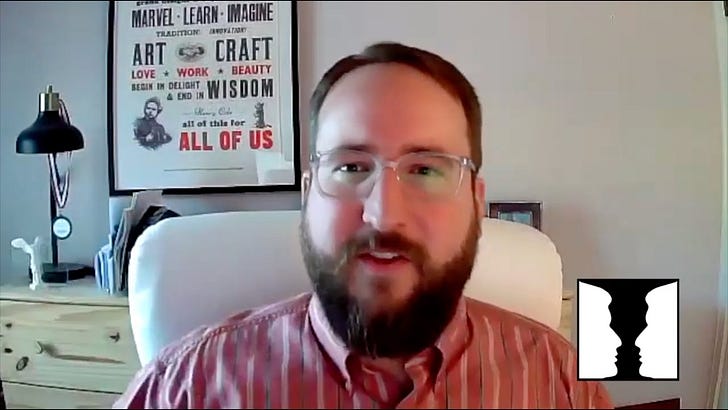
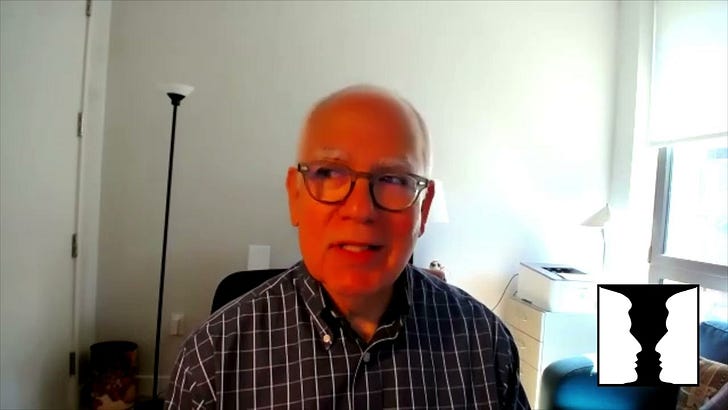


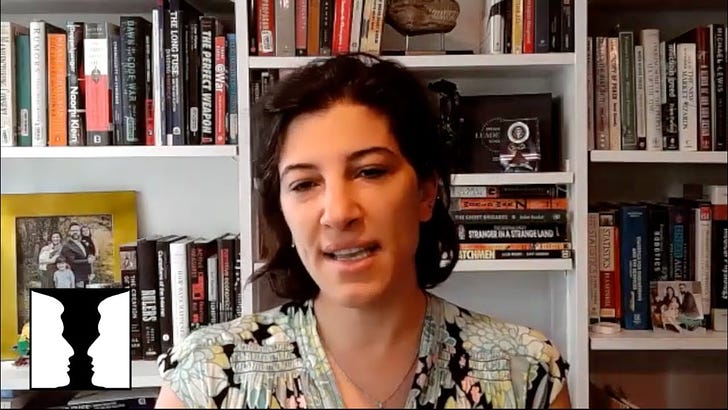
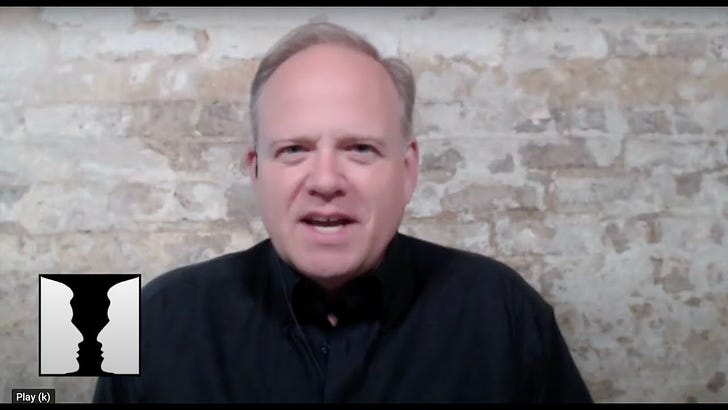
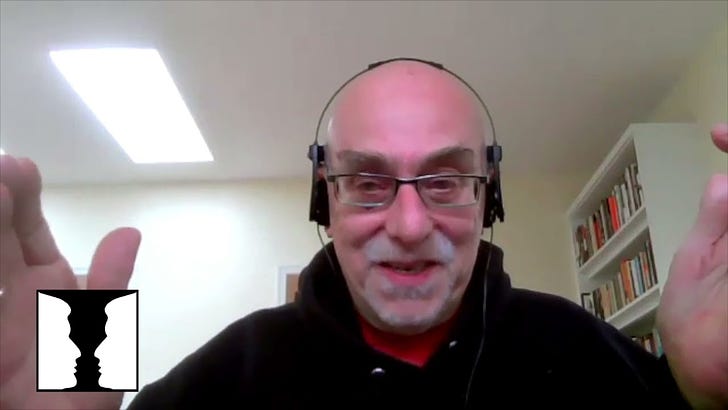
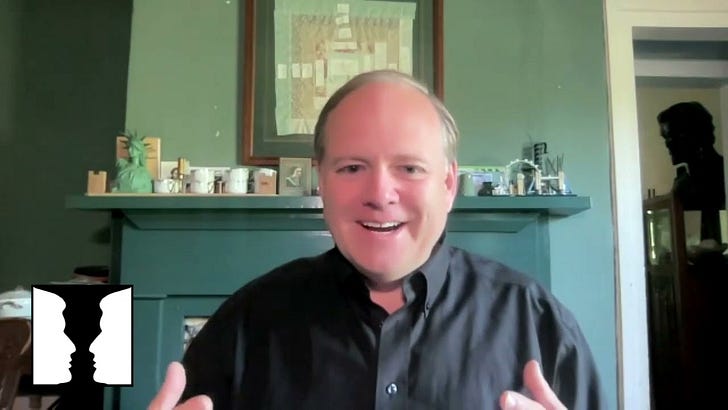
Share this post